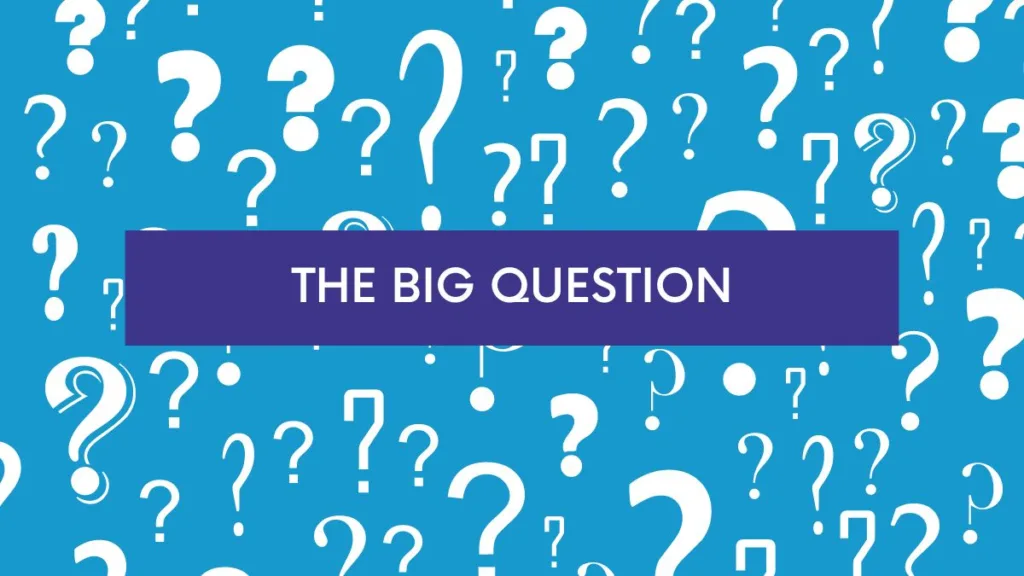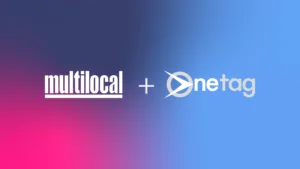NDA has launched a new series, The Big Question, in which we put a burning industry question to a panel of thought leaders. Below we hear from Boots, Hilton, GroupM, Superbet and Utiq.
This week we ask, with both sustainability and attention such big industry topics, how important is it for the industry to move to reducing the overall advertising load online? The big question is: Do we just need better, but fewer ads?
Richard Bettinson, Senior Director; Media & Insights at Hilton
It feels like it is going to take a huge amount of industry collaboration between advertisers, adtech, publishers, and platforms to truly start to have an impact. It does feel like that as consumers and customers become increasingly aware of the impact it will force the issue which will in turn lead to innovation in tech and potentially regulatory measures being put into place.
The benefits of fewer ads also feels huge as it will enhance user experience, in addition to potentially increasing effectiveness as there will be fewer ads competing for attention.
Ollie Shayer, Omnichannel Marketing Director, Boots
In the ever-evolving media landscape, the pressing need to balance sustainability and user attention underscores a shift from merely reaching more customers to achieving true effectiveness. The industry’s movement towards fewer, yet more impactful online ads requires a departure from the ‘spray and pray’ approach to one grounded in precision and data-driven insights.
Through the application of 1PD / 2PD, advanced analytics and ML/ AI, advertisers can transition from indiscriminate mass messaging to focused, personalised campaigns. Prioritising quality content over sheer volume ensures greater effectiveness and that ads resonate with the audience.
Committing to this transformative approach promises a future where digital advertising aligns with both environmental stewardship and an enhanced user experience.
Dale Fisher‑Brown, Head of Global Display and Social Growth Marketing, Superbet
We are all in agreement that more needs to be done around sustainability. Reducing ads across the open web will, without doubt, support that but by doing so you reduce the advertiser opportunity, naturally, this will drive a premium based on demand and only the big brands will be heard. If we want a free open web there needs to be a balance.
I’m not sure the reduction of ad unit’s is the solution for the open web. I like what the GoodNet are doing around their IQ products. If we can make these types of products standard practice as we do around fraud and brand safety, then let’s push that narrative and make that happen.
I don’t think the reduction of ads is the answer to attention either. Good content is the answer to attention. Having someone stay on a page for 8-20 seconds and being able to optimise towards that with contextually-relevant ads is where I see some of my best performance. But to generate sticky content, at scale, requires cash, which is funded by ads. So we circle back up to the first point.
Matt Treasure, Head of Activation, GroupM
We need better ads that enhance rather than disrupt user experience and make every ad experience work harder. We need to re-think the need for a trade-off between sustainability and performance. Fewer, more effective Aads will deliver better results for a campaigns bottom line and lower carbon impact.
Advertisers / buyers need to weave sustainability into the DNA of every campaign, so it’s not an option or a nice-to-have, but something we do as standard from the outset. Reducing the number of domains a campaign runs against is an obvious way to lower emissions without compromising effectiveness.
At GroupM we have the m-list applied to all campaigns, Utilising AI or marketing science teams to optimise to fewer, more effective ads is another way to deliver the same outcome for an advertiser while reducing the number of impressions that need to be served and fostering innovation in ad formats. By embracing these strategies, the industry can move towards a future where digital advertising is not only more sustainable but also more engaging and respectful of users’ attention.
Sara Vincent, Managing Director, UK, Utiq
If we make changes and focus on the right things, such as creativity, privacy and consent, then it would be absolutely possible to bring the same, if not higher, page yield through fewer ads on a publisher’s page. If an advert or format performs well and drives the desired outcome, then we would naturally see an increase in CPMs and more demand for that type of ad format. And as an additional, and very welcome, consequence, improving and potentially reducing the ad load will naturally drive down the carbon costs – less processing and less wastage will bring more sustainability to our digital world.
How do we get there? By using this pivotal year for digital advertising as a time to reset our thinking. Brands should be thinking about what KPIs are actually driving success as they define it, and which environments to run in. Publishers are under pressure from regulators to ensure privacy compliance, and in turn are seeking more engagement and willingness to receive advertising from their users.
If that advertising delivers a better experience, this will drive up user consent and trust and in turn, better engagement with advertising.









